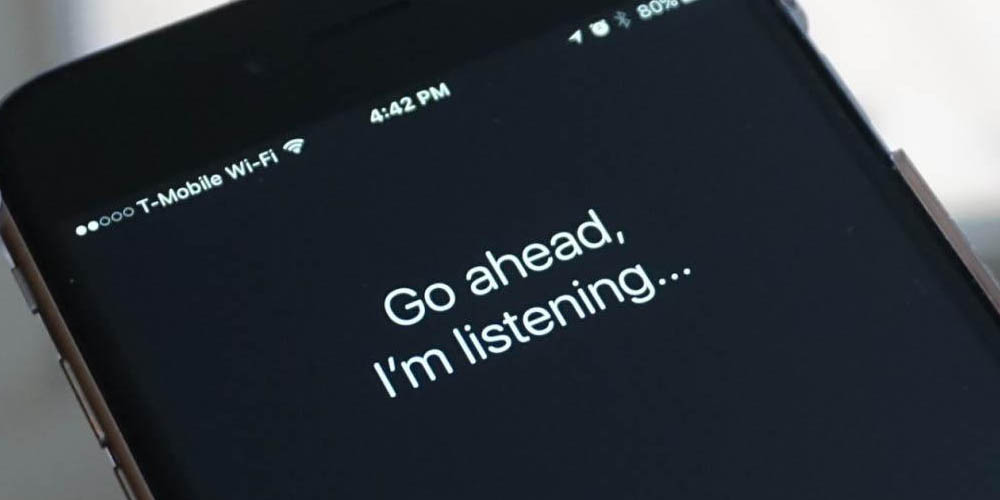Thomas le Bonniec, a former Apple employee, revealed last year that the company's devices were continuously recording users' private conversations and sending them to Apple, where employees such as himself were assigned the task of listening to them, in order to improve Siri's accuracy. Apple apologized, and promised not to do it again.
In a new letter sent to European regulators, Bonniec alleges that although Apple admitted what they did, there were no consequences to the company for "violating the privacy of millions."
In 2019, Bonniec described hearing the most intimate details of people's lives before leaving the job in disgust.
“There have been countless instances of recordings featuring private discussions between doctors and patients, business deals, seemingly criminal dealings, sexual encounters and so on. These recordings are accompanied by user data showing location, contact details, and app data.”
In his more recent letter, Bonniec writes, "It is worrying that Apple (and undoubtedly not just Apple) keeps ignoring and violating fundamental rights and continues their massive collection of data ... I am extremely concerned that big tech companies are basically wiretapping entire populations."
Bonniec's parenthetical comment about the practice not being limited to Apple is a not-so-thinly veiled indictment of Amazon's Alexa and Android's Assistant, both of which also actively listen to everything happening around the devices on which they are installed.
In the face of this Big Brother snooping, what can someone do to protect themselves from constant surveillance? In a recent interview, Edward Snowden revealed that he physically disconnects the microphone in his phone, so that it can't be used to spy on him. When he wants to make a call, he plugs in an external headset. This is an extreme option, but there are a few others:
Simply putting the phone in a container such as a backpack, or in a different room when you're having a private conversation (or having sex) is the easiest option, but it is also the least reliable, as conversations (and sex) don't always happen when expected.
Switching off the device, or putting it on "Airplane mode" can be an effective way to suspend transmission of data, but as this also blocks incoming calls and messages, it is practical mainly for specific times (such as doctor's appointments), when you will be having a sustained encounter that you would prefer to keep private.
Plugging an non-microphone 1/8" adapter (such a a headphone splitter) into the headphone port (not an option for Apple iPhone users who don't have headphone jacks anymore) is an easy way to switch off the internal microphone, although of course it's easy to lose the adapter when you take it out.
The simplest and most foolproof method for avoiding surveillance by technology companies may be the oldest: don't use a smartphone. Old-fashioned flip phones are cheap, last for a long time, and are much more difficult to hack because of their relatively primitive software.




I have never had anything but a $50 flip phone. And it is for my convince in case of an emergency. I don't need to watch videos, play games or look at cartoons on my phone.
Listen to Rogan 1768 if you think Androids are any better. Even when you’re offline, they are gathering. They simply upload your data when you go back online again. Apple is bad. Google is bad. Microsoft is bad. Meta is bad. Amazon is bad. Name any good guy. Impossible.